This is a selective list of books & software we find very useful when studying God’s Word.
Books
- Strong’s Exhaustive Concordance – This will end up being one of the most powerful resources in your library. Containing a list of every word found in the King James Bible and its location, you can find any and every verse that a word is located. Most copies also come with a Hebrew and Greek dictionary so you can learn their original meanings.
- Englishman’s Hebrew Concordance – This handy tool works just like a strongs, except it lists the location of every Hebrew word, and it’s location. Why is this important? Because many times, in the English translations, a Hebrew word is translated into several different English words. This book enables you to track down the original Hebrew to gain a better understanding of the author’s intent.
- Englishman’s Greek Concordance – This is the companion volume to the Hebrew, except that it lists the Greek in the New Testament. It’s only lacking a concordance for the Septuagint It is powerful for the same reasons the Hebrew Concordance is powerful. Both Englishman’s books include the Strong’s numbering system for ease-of-use and quick referencing.
- Gesenius’ Hebrew-Chaldee Lexicon – This handy dictionary gives greater depth and understanding to the underlying Hebrew that the basic Strong’s dictionary cannot give. Wilhelm Gesenius is considered by many as the greatest Hebrew scholar of his generation, and was used as a reference for the Brown Drivers Briggs Lexicon.
- Ancient Hebrew Lexicon – This wonderful resource takes us back even further, to when Hebrew was written in pictographs, much like Egyptian Hieroglyphics. This handy resource is also linked to Strong’s numbers for easy reference. It will deepen your understanding of how the Hebrews understood the scriptures as they were reading them.
- Manners & Customs of the Bible – This handy resource dives into greater detail about many of the things that occur in the bible that we don’t understand and give us greater depth of the culture and times that the Bible was written in. Highly recommended for any study library. Listed by scripture location, it makes for quick reference when used alongside your bible.
- Figures of Speech Used in The Bible – Many passages in the bible can be confusing. This is where this resource comes in. The bible is rife with metaphors and similes and other phrases that don’t fit our day and age. This book helps us better understand the language and slang of the culture that the Word of God came to.
Software
- E-Sword – This highly used software is free of charge and comes with some invaluable tools, including a strongs dictionary, commentaries, maps, and other priceless tools. What makes it even better is that you can download and install other modules, some you have to pay for, but most free, to customize it for your needs. The best site for free modules is Bible Support. There are a 1000+ modules to choose from. I highly recommend adding a few more hebrew and greek dictionaries to supplement the strongs, as well as a few other literal translations to compare and better understand the scriptures.
- Interlinear Scripture Analyzer – This is another, less well-known piece of free software that I use when studying the Hebrew and Greek words used in the Scriptures. This is a very simple, yet powerful piece of software that makes up for where E-Sword lacks, and that is in studying the languages. You can look up word forms and locations, and check parsing information as well. It also comes with a Strong’s Dictionary.
- BibleWorks ($395) This is perhaps the best of the paid software available. The price may seem a little high, but it has tools and features that no other bible software has. Not even the more expensive Logos software can compare with the power of this beauty. This is the best tool for word study. You are able to link, compare, search, etc, Hebrew and Greek words althroughout the scriptures, and ever since version 8, you can compare the Greek Septuagint (Greek Old Testament) to the original Hebrew manuscripts, to get a better understanding on the Greek New Testament, to understand where the writers were coming from.
